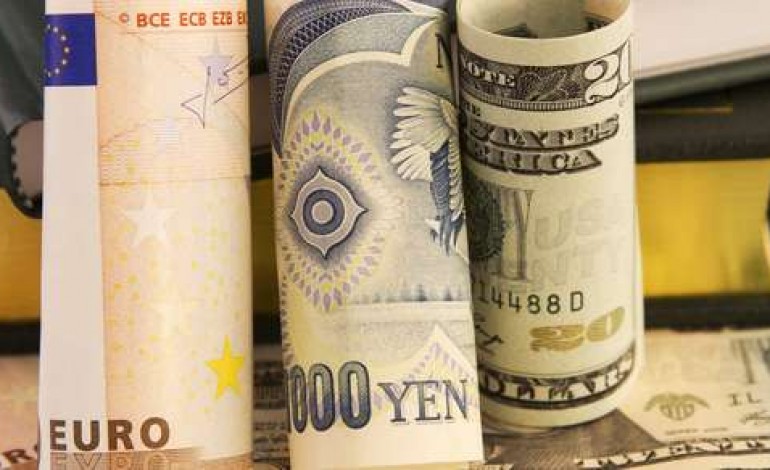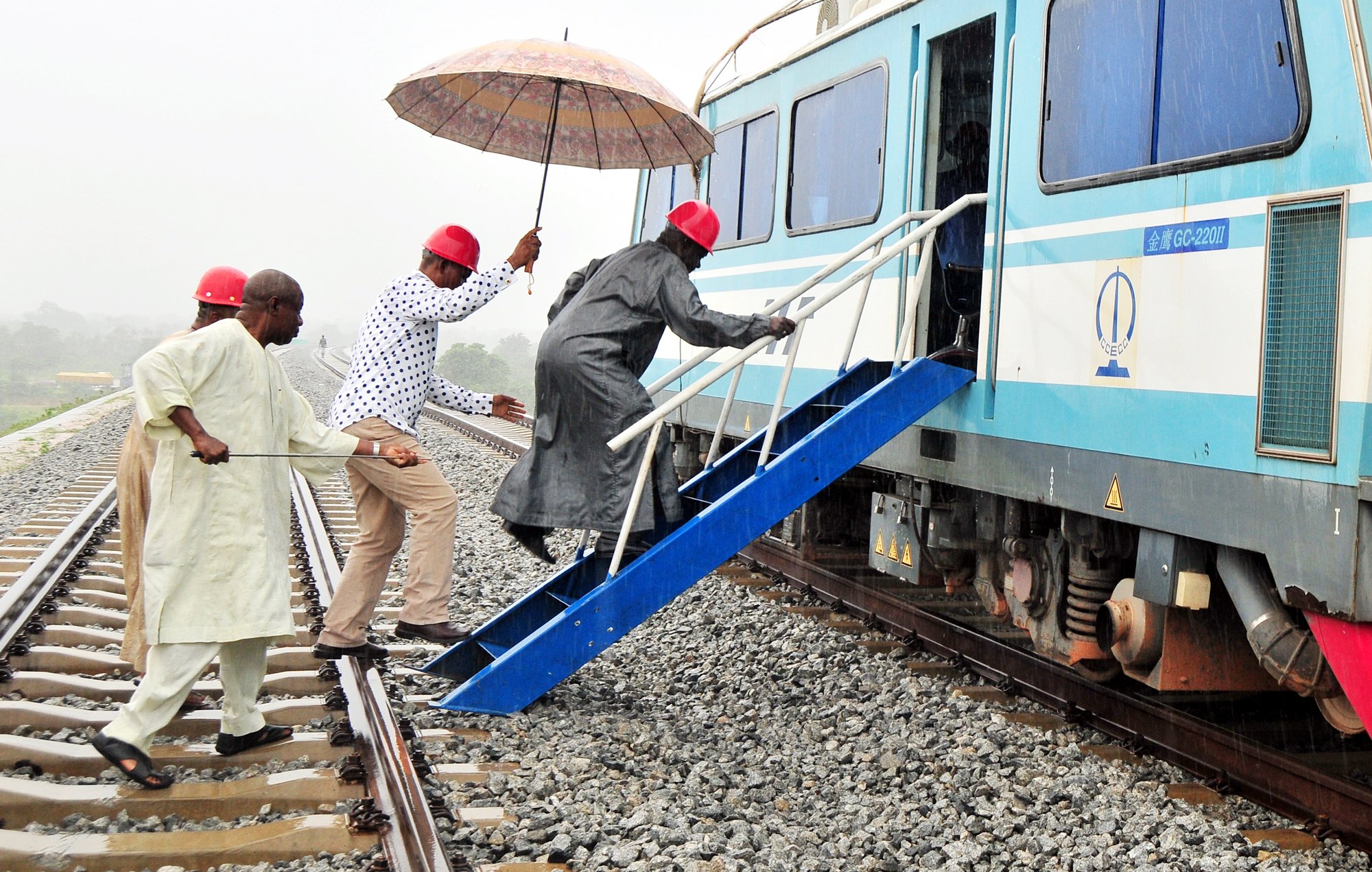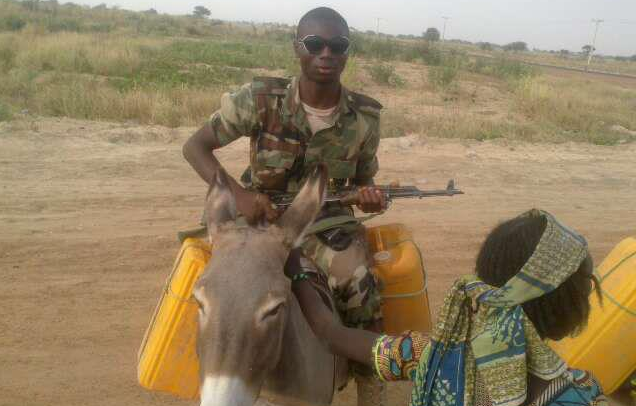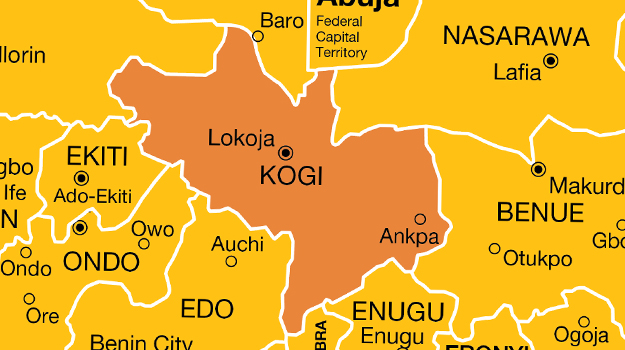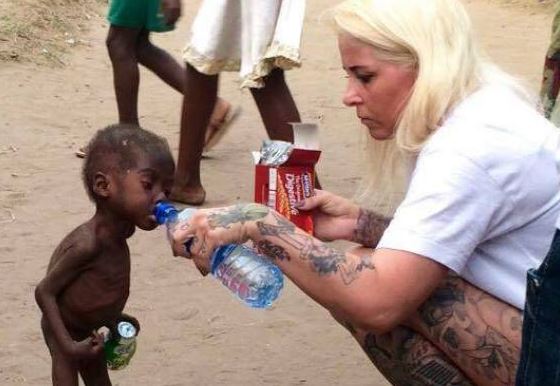Nigeria’s naira weakened to a new all-time high on Monday, trading at N345 to the dollar on the parallel market.
The currency eased 1.47 percent from Friday’s 340 to the dollar, while the official rate remained at 197.50 to the dollar at the close of trading on Monday.
Aminu Gwadabe, head of the association of bureau de change (BDC) operators of Nigeria, said operators were seeking to have oil companies and banks sell dollars to them to reduce apparent scarcity.
“In my own view, the central bank should address the supply side of the market by allowing oil companies and banks to sell dollar to bureau de change operators as an immediate measure to reduce pressure on the naira,” he told Reuters.
Advertisement
Traders claim that the slip in the black market rate was as a result of apprehension news that the apex bank would soon stop allocating forex for Nigerians with school and medical bills to pay abroad.
After the bankers’ committee meeting last week, Tokunbo Martins, director of CBN banking supervision department, said the bank may consider halting forex sales for medical bills.
“It is something that affects all of us, and I think that the watchword is belt tightening. It is pain we may need to go through today, so that there will be long term development in the country,” she said.
Advertisement
“If you think about it, the pressure on forex now from school fees abroad is significant. The pressure medicals are significant. At what point should we begin to look inward? As Nigerians, we also need to be patriotic in terms of our sentiments.”
The reality on the parallel market further mounts pressure on the government of the day to devalue the naira, but President Muhammadu Buhari insist that devaluation would hurt the poor – he promised not to hurt the poor.
Advertisement
Add a comment


